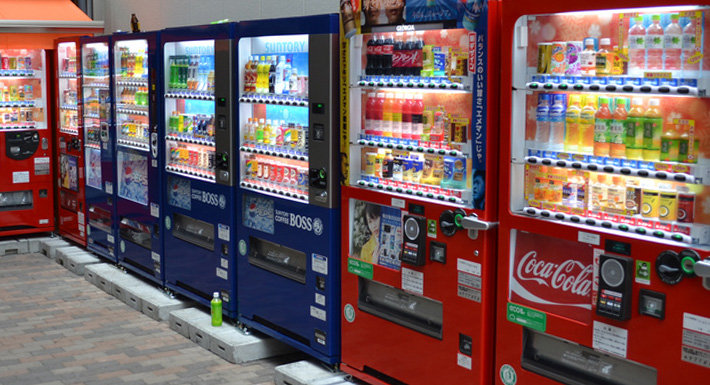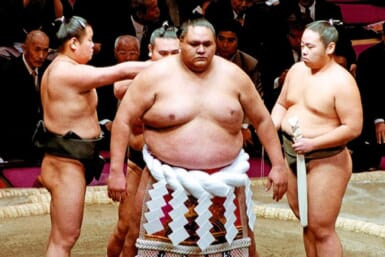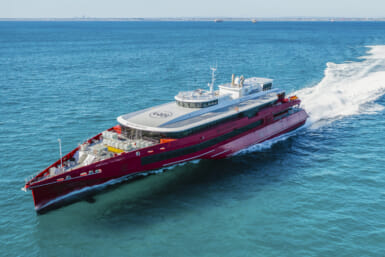With the summer season now in full swing, it is more important than ever to be adequately hydrated. Late last month, experts of the field came together at a conference held by the International Life Science Institute (ILSI) and ILSI North America to discuss the important matter of hydration.
Although it may seem second-nature, adequately hydrating oneself requires more effort than one may think. The first guest speaker at the conference was Maxime Buyckx from The Coca-Cola Company, who approached the issue of educating the public on the important issue of staying hydrated. “Hydration is essential, and links to performance and wellness,” he said.
In particular, the two demographic groups that are most prone to dehydration are children and the elderly, as people in these groups often do not realize they are dehydrated until they begin experiencing more serious symptoms. Such occurrences have been observed during the periods of unseasonal or uncharacteristic hot weather that have been experienced worldwide in recent years.
However, contrary to common perceptions, just about all non-alcoholic beverages hydrate equally, according to a scientific study conducted by the ILSI. The study showed that beverages that are caloric and/or caffeinated (whether fruit juices, sweetened beverages, tea or coffee) all have the same effect when it comes to providing the required amount of liquids to the body.
Although it is also important to consider the health impacts of beverages, Buicks said that lightly sweetened beverages should attract younger ones to drink enough to avoid symptoms of dehydration.
Another guest speaker was Dr. Mindy Millard-Stafford, director of the Excercise Physiology Laboratory at the Georgia Institute of Technology. Her presentation focused on the institution’s research on hydrating during physical activity.
Beverages marketed as ‘sports drinks’ require a different composition, as the body needs more than just liquids during exertion, in particular during high-intensity sports. “In sports, we can’t keep glucose over a long time,” Millard-Stafford said. For this reason, suitable sports drinks consist of a lot of carbohydrates as “we primarily oxidize [these] during sports.” Such drinks also include electrolytes, which make them isotonic, with a solubility close to blood.
“Beverages that are caloric and/or caffeinated all have the same effect when it comes to providing the required amount of liquids to the body.”
Popular drinks like Aquarius help maintain body fluids, plasma, core temperature and heart beat. Such performance beverages prevent athletes from reaching exhaustion during prolonged periods of exertion.
Adding sodium (often in the form of salt) helps consumers to maintain their ‘thirst drive,’ which is crucial in avoiding dehydration, especially as athletes lose about two liters of water per hour of intense physical activity. One study conducted by Georgia Tech showed that athletes who drank water with added carbohydrates had an improvement of six percent in hydration, compared with those who took a placebo with artificial sweetener. Electrolytes work well to combat heat exhaustion and joint strain.
The third guest speaker at the conference, Dr. L. Le Bellego from Danone Company, discussed the future of hydration and health. The research group investigated several hydration patterns and trends worldwide.
Some surprising included the differences in recommendations on fluid intake by various governments and NGOs. The World Health Organization (WHO) recommends 1.5 liters per day, whereas the US and Canada suggest 2.2 liters for females and 3 liters for males. Such recommendations have limitations, as factors such as diet, climate and even physical characteristics are not always taken into account, making the recommendations merely loose guidelines.
In a survey conducted amongst 18 to 25-year-olds in Japan in 2008, the results were almost shocking. On average, the daily intake of fluids was only 1.5 liters a day, with many drinking as little as half a liter a day.
The eye-opening conference stressed the importance of adequate hydration and how undermined the issue often is, especially for young people and the elderly. The market in Japan has more than its fair share of beverages to keep you hydrated, especially during this hot season, so don’t ignore that nagging thirst, but instead stop off at one of the ever-present vending machines or convenience stores for a refreshing beverage.
External Link:
ILSI Japan, Home Page









